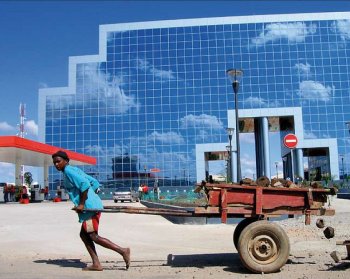
The proposals outlined in this Paper have twin aims. On the one hand, to place the eradication of extreme poverty at the heart of the political goals pursued by a renewed world governance. On the other hand, to recognize the participation of the poorest members of humanity in elaborating new principles or shaping future world governance as an essential condition in the success of the enterprise.
The Paper is based primarily on Xavier Godinot’s observations and proposals in his book Eradiquer la misère, démocratie, mondialisation et droits de l’homme (Eradicating Extreme Poverty: Democracy, Globalization and Human Rights). The book opens with monographs that trace the lives of four people living in four different continents and dealing with situations of extreme poverty. In the second part, the author examines the lessons to be learned from the people’s experiences and accounts in order to set out recommendations key to the respect of human rights for all, including the most fragile members of humanity, and to ensuring that the different stakeholders in our world assume their responsibilities by putting the priority on laying the foundations of harmonious coexistence.
After an initial phrase identifying the characteristics of extreme poverty and the way in which it violates the whole range of human rights, the Paper will attempt to provide an overview by describing the difficulties encountered by the bottom poor in a globalized world that has not yet found a way to ensure that all human beings can live with dignity. The final section will be given over to concrete proposals for bringing the bottom poor out of destitution and ensuring that the inestimable value of their experience is recognized and incorporated into the goals and decision-making processes necessary to implementing a world governance that seeks to construct a more human world.